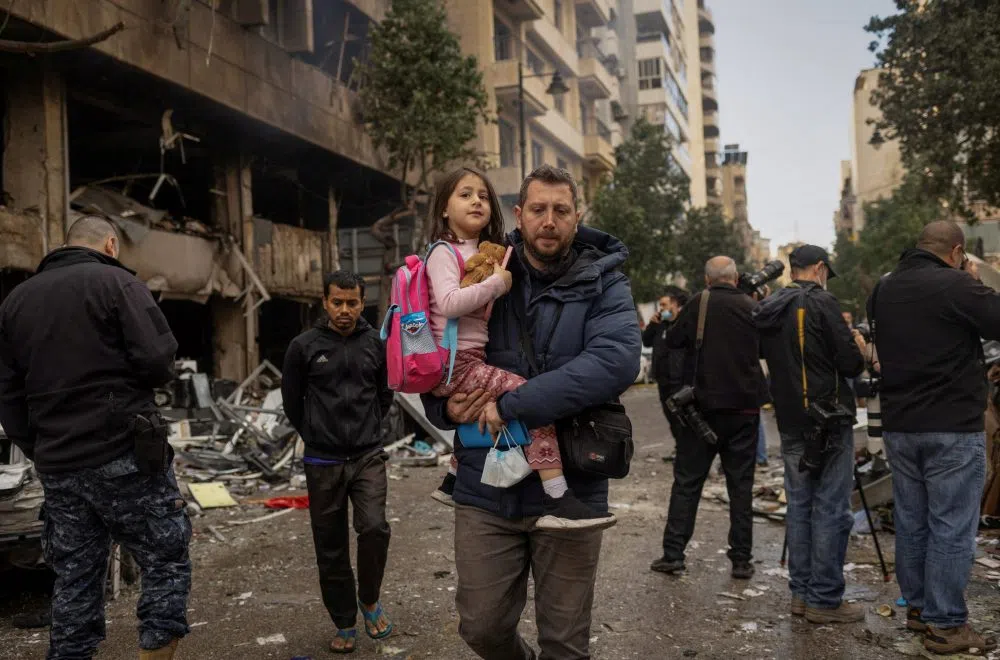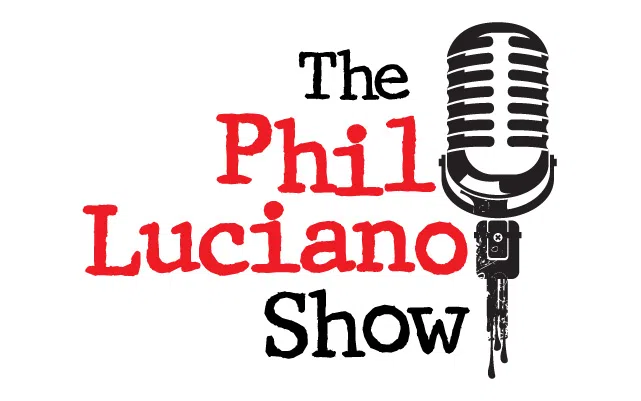BEIRUT/JERUSALEM (Reuters) -An Israeli airstrike killed five people in central Beirut on Monday, Lebanon’s health ministry said, the second day in a row Israel has hit a target within the capital as it presses its campaign against the Iran-backed Hezbollah.
Smoke was seen rising from the strike in the densely populated Zuqaq al-Blat neighbourhood, near the central Beirut district where the Lebanese government is headquartered. Another 24 people were wounded, the ministry said.
Israel has intensified its bombardment in and around the Lebanese capital over the last week, an escalation that has coincided with signs of movement in U.S.-led diplomacy aimed at reaching a ceasefire.
U.S. envoy Amos Hochstein was expected in Beirut soon as negotiations continue, a U.S. source told Reuters.
A Lebanese official and local media reported that Beirut had submitted a written response to a U.S. truce proposal delivered last week to Parliament Speaker Nabih Berri, who is endorsed to negotiate by Hezbollah.
Israel has dealt big blows to Hezbollah since late September, killing its leader Sayyed Hassan Nasrallah, pounding wide areas of Lebanon with airstrikes, and sending troops into southern Lebanon.
Hezbollah has kept up missile fire into Israel.
Rocket sirens sounded across Tel Aviv and much of central Israel on Monday evening. Rescue workers reported on damage in a Tel Aviv suburb caused either by a rocket or shrapnel from an interceptor.
Earlier a woman was killed when a rocket struck a building in Shfaram, in the north, Israel’s ambulance service said. The Israeli military said about five projectiles had been fired from Lebanon.
Since Israel went on the offensive in September, the bulk of its airstrikes in the Beirut area have targeted the Hezbollah’s strongholds in the southern suburbs.
But on Sunday, Israel hit targets in the Beirut city limits for the first time in more than five weeks, killing 10 people in two separate strikes, including Hezbollah’s top media official.
Israel launched its offensive after almost a year of cross-border hostilities with Hezbollah. Its declared goal is to dismantle Hezbollah’s capabilities to secure the return of tens of thousands of Israelis who evacuated the north due to rockets fired by Hezbollah in solidarity with its ally Hamas as the Gaza war began more than a year ago. Israel’s campaign has uprooted more than 1 million people in Lebanon in the last eight weeks.
World powers say a ceasefire must be based on U.N. Security Council Resolution 1701 which ended a 2006 war between Israel and Hezbollah. Its terms require Hezbollah to move weapons and fighters north of the Litani river, about 30 km (20 miles) north of the Israeli border.
TRUCE TERMS
Berri said on Monday that he saw a positive atmosphere in the diplomacy but also cautioned against counting chickens before they were hatched, Labour Minister Mustafa Bayram said, speaking after a meeting with him.
A Lebanese official source said Hochstein was due in Beirut late on Tuesday or early Wednesday.
A senior Lebanese official, speaking on condition of anonymity, told Reuters that Hezbollah had submitted notes on the U.S. ceasefire proposal to Berri and that these would not obstruct a truce.
Flagging one concern, the official said Lebanon was opposed to a suggested expansion of a ceasefire monitoring committee to include possibly Germany or Britain.
“If, for example, a Hezbollah facility appears, who will dismantle it?” the official said, adding: “The Lebanese side wants the (Lebanese) army to deal with this.”
A second Lebanese official said the U.S. proposal contained some points that have been agreed upon and others that need discussion with Hochstein. Both Lebanese officials spoke on condition of anonymity due to diplomatic sensitivities.
One complicating factor has been Israel’s demand for freedom to act should Hezbollah violate any agreement – a demand Lebanon has rejected.
Berri told the pan-Arab Asharq al-Awsat newspaper on Friday that the U.S. proposal did not include freedom for Israel to act.
Israel has long complained that Resolution 1701 was never implemented properly, noting the presence of Hezbollah fighters and weapons along the border. Lebanon says Israel violated it by regularly flying in its airspace.
Israel’s campaign has killed 3,481 people in Lebanon since hostilities began, most since late September, Lebanese authorities say. The figures do not distinguish between combatants and civilians.
Hezbollah strikes have killed 43 civilians in northern Israel and the Israeli-occupied Golan Heights, while 73 soldiers have been killed in strikes in northern Israel and the Golan Heights and in combat in southern Lebanon, according to Israeli figures.
(Reporting by Laila Bassam, Maya Gebeily, Tom Perry and Riham Alkousaa in Beirut; James Mackenzie and Ari Rabinovitch in Jerusalem; Jana Choukeir and Clauda Tanios in Dubai; Hatem Maher and Muhammad Al Gebaly; Trevor Hunnicutt in Washington; Writing by Tom Perry; Editing by Ros Russell and Alex Richardson)







Comments